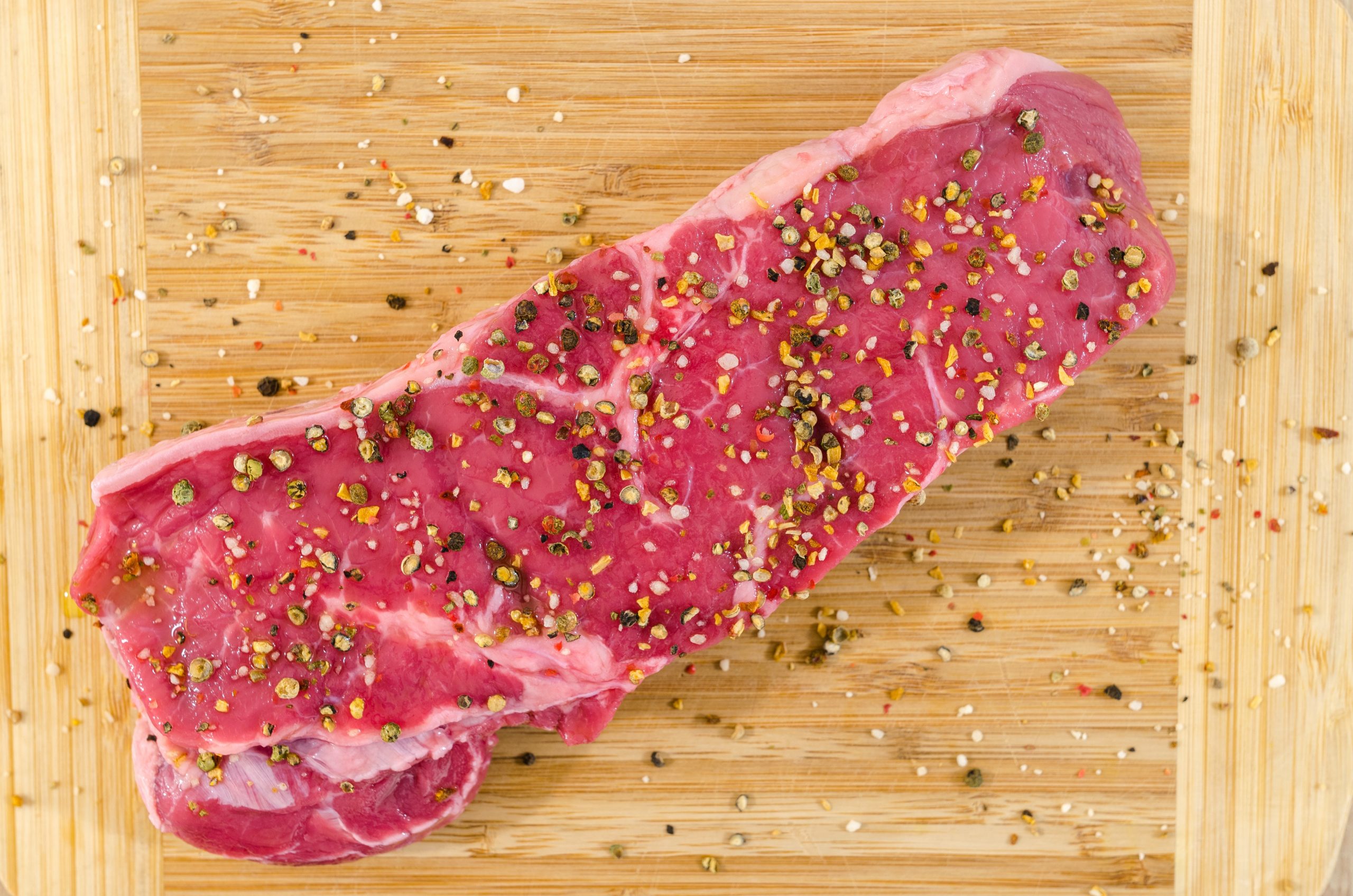
Some people reap huge benefits when they switch to a high protein diet. It’s especially true if the protein is replacing simple carbs like sugar. The average American often has enough protein to sustain them but might do better by increasing protein. A high protein diet is based on the calories from each macronutrient. Traditional diets get 50% of calories from carbs, 20% from protein, and 30% from fat. Increasing the calories from protein to more than 25% is considered high protein.
High protein diets fill you and help you lose weight.
Protein is one of the most filling macronutrients. It takes longer to digest, so you feel full longer. It also increases your metabolism for a while because of the calories used to digest it. Protein also reduces the production of ghrelin, the hunger hormone, and increases hormones that make you feel full One study showed that when protein intake was doubled, from 15% to 30%, obese women being studied at almost 450 fewer calories. Protein also helps increase muscle mass. Muscle mass requires more calories to maintain. The more muscle mass you have, the easier it is to lose weight.
Contrary to popular belief, eating more protein is good for the bones and digestion.
Studies show that people who eat more protein have a reduced risk of osteoporosis. While earlier beliefs stressed the danger of a high protein diet on bones because of increased acid load, that’s been proven untrue. Both plant and animal proteins benefit bone health and can lower the risk of osteoporosis and fractures. It can lower cravings for late-night snacks that can lead to acid reflux.
Scientific evidence is constantly changing.
At one time scientists thought that eating more protein would raise blood pressure. The opposite is true. In reality, eating more protein may lower blood pressure. In over 40 studies reviewed, it lowered the systolic blood pressure by 1.76 mm Hg and the lower number, diastolic blood pressure, by 1.15 mm Hg. Some studies indicated that it lowered bad cholesterol and triglycerides.
- If you have a pre-existing kidney disease, a high protein diet isn’t healthy. For people with healthy kidneys, it won’t do kidney damage.
- As you age, you lose muscle mass. It’s a condition known as sarcopenia. That can lead to bone thinning. Staying physically active and eating more protein can reduce and even reverse the condition.
- Increasing protein in your diet can help you heal faster after an injury. When consumed after a workout, it helps boost recovery. It contains the building blocks for muscles to get the process started.
- While increasing protein does provide many benefits, not everyone should increase the protein in their diet. Always check with your healthcare professional first before starting a new diet or program of exercise.
For more information, contact us today at Team Worx Fitness


Comments are closed, but trackbacks and pingbacks are open.